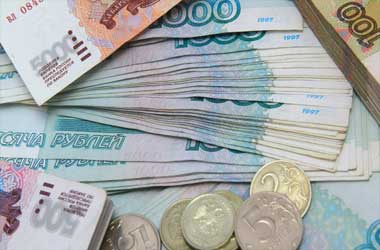 South Korea’s industrial production fell by a seasonally adjusted 3.8% m-o-m in February, as per data published by Statistics Korea.
South Korea’s industrial production fell by a seasonally adjusted 3.8% m-o-m in February, as per data published by Statistics Korea.
In the previous month, industrial production contracted by 1.3%. On y-o-y basis, industrial production increased 11.4%, after declining 2.6% in the earlier month.
The index reflecting the production of industries slumped by 3.5% m-o-m and increased 4.9% y-o-y, following flat monthly reading and the 0.6% decline in the earlier month.
The Manufacturing Production Index in February dropped 4.1% m-o-m, but rose 12% y-o-y. Likewise, the Manufacturing Shipment Index fell 3.3% m-o-m, but increased 6.1% y-o-y.
The Manufacturing Inventory Index increased 0.2% m-o-m and 3.8% y-o-y.
The Production Capacity Index decreased 0.1% m-o-m but rose 1.1% y-o-y. The Index of Capacity Utilization Rate plunged 6.4% m-o-m but grew 9.5% y-o-y.
The Manufacturing Average Capacity Utilization Rate in February recorded 70.7%, a decrease of 4.9% from the prior month. The Index of Services in February lost 3.5% m-o-m but rose 1.2% y-o-y.
The Retail Sales Index in February declined 6% m-o-m and 2.3% y-o-y. The Equipment Investment Index decreased 4.8% m-o-m, but surged 15.6% y-o-y.
The Domestic Machinery Shipment Index skyrocketed 10% y-o-y, while the value of Domestic Machinery Orders received jumped 22.2% on y-o-y basis.
Last month, the value of Construction Completed fell 3.4% (based on constant prices), but rose 5.6% on y-o-y basis. The value of Construction Orders (constant price basis) Received jumped by 28.5% on y-o-y basis.
The Composite Coincident Index in February declined 0.4% m-o-m, while the Cyclical Component of Composite Coincident Index, which mirrors currency economic scenario, decreased 0.7% from the prior month.
The Composite Leading Index in February increased 0.3% m-o-m, while the Cyclical Component of Composite Leading Index, which forecasts the reversal in business cycle, indicated no alterations from the earlier month.




